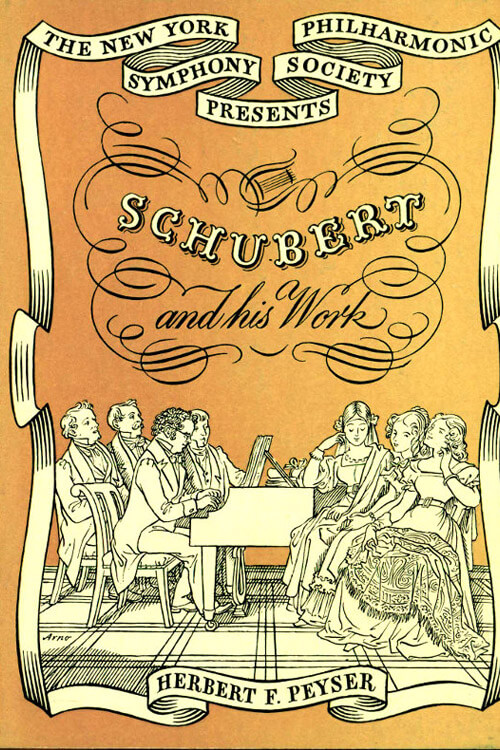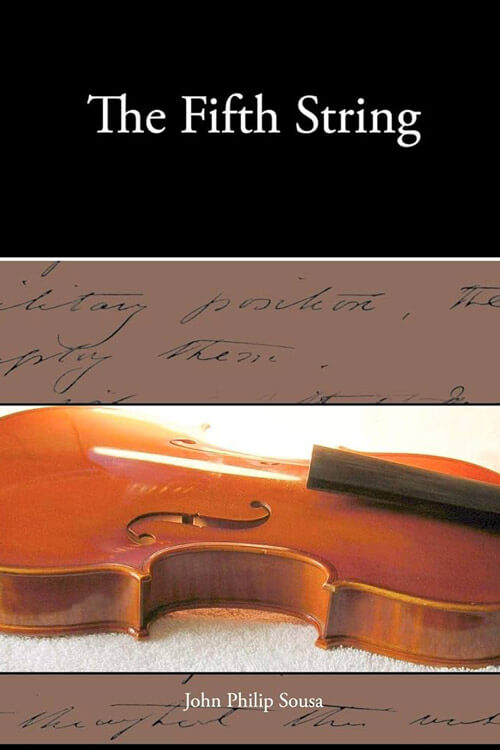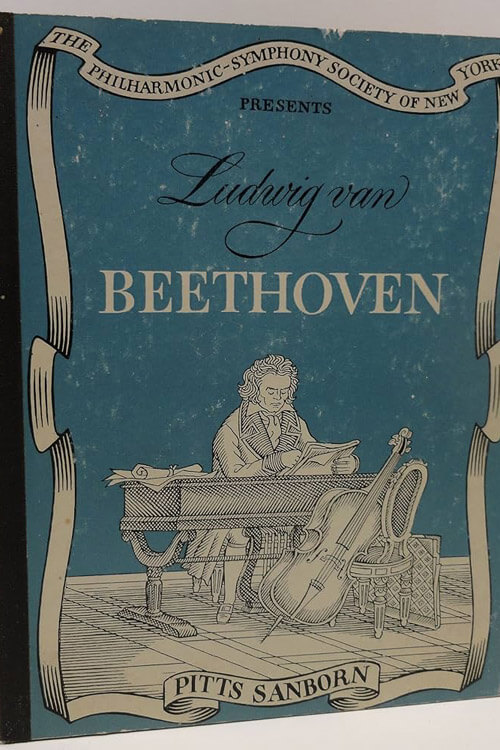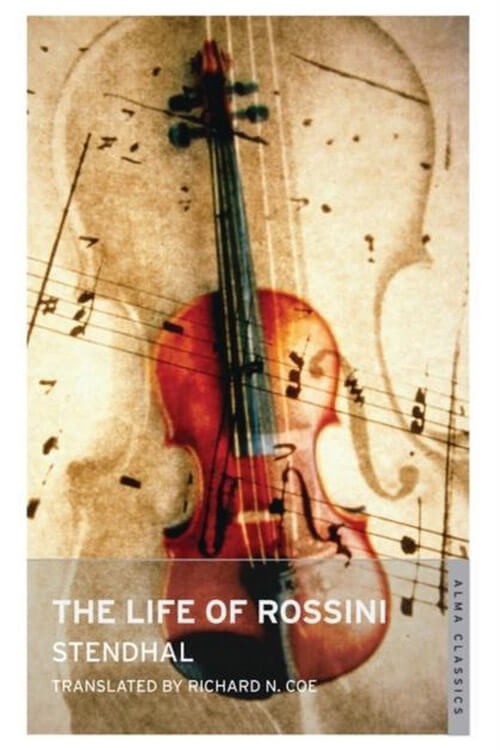
Schubert and His Work
Schubert may have made a few attempts at composition at this stage, though there is no proof. But a real turning point came on May 28, 1808. On that date, an announcement appeared in the official journal, the Wiener Zeitung, that two places among the choristers of the Imperial Chapel (the so-called Sängerknaben) had to be filled. Father Schubert saw his chance. A chorister with the necessary qualifications could enjoy free tuition, board, and lodging at the 5 Imperial Konvikt (or Seminary). If the boy distinguished himself “in morals and studies,” he might remain even after changing his voice. The Konvikt was a former Jesuit school reopened in 1802 by Emperor Franz and supervised by a branch of the Jesuits called the Piarists. In addition to ten choristers, there were middle and high school pupils standing. The Konvikt occupied a long, cheerless building that, in modern times, looked quite as bleak as it did in Schubert’s day.
The tests took place on September 30, 1808, and the examiners consisted of Antonio Salieri, a prolific opera composer, an intimate of Gluck and Haydn, a teacher of Beethoven and an implacable enemy of Mozart; the Court Kapellmeister Eybler; and a singing teacher at the school, Philip Korner. Schubert presented himself for the examination wearing a greyish smock, which caused the other boys to jeer and call him a miller. However, as Millers were popularly supposed to be musical, the young mockers agreed that he could not fail. They were right. Not only did he meet all the requirements, but his voice and musicianship aroused the surprise and enthusiasm of the committee. Schubert was promptly accepted. In other subjects required, as well as in music, he easily surpassed the other competitors. Not in vain was he his father’s son!
So the boy shed his “miller’s” vesture and put on the fancy, gold-braided togs of the Sängerknaben. In a few days, he was settled at the Konvikt. He was amenable to discipline—having learned it plentifully at home—and does 6not appear to have suffered the tribulations of some other Konvikt scholars who were less conformable and more adventurous. The shyness that clung to him more or less throughout his life made him shun his fellow students as much as he conveniently could. The food was poor and scanty, and even four years later, we find him appealing pathetically to his brother Ferdinand for a few pennies a month to buy a roll or an apple as a fortifying snack between a “mediocre midday meal and a paltry supper” eight hours later! The music room at the school was left unheated, hence “gruesomely cold” (anyone who has experienced the unheated corridors of a Viennese house in winter can shudder in sympathy!). But plenty of music and the school orchestra, in which Schubert occupied the second desk among the violins, delighted him.
This orchestra played an entire symphony every evening and ended up with “the noisiest possible overture.” The windows were left open in summer, and crowds used to collect outside till the police dispersed them because they obstructed traffic. The concerts were conducted by a singularly lovable old Bohemian organist, viola player, and teacher, Wenzel Ruziczka, who, at an early date, defended and explained some of the boldest “modernisms” in Schubert’s compositions. The orchestra performed a lot of trivial music, but now and then, there would be works by Haydn, Mozart, Cherubini, Méhul, and even some of the less taxing scores of Beethoven. Schubert, on these occasions, felt himself in heaven! He was “entranced” 7by the slow movements of Haydn, but his god was Mozart. With a subtlety of perception almost uncanny in a boy of twelve, he said that the G minor Symphony “shook him to the depths without his knowing why.” He called the overture to the Marriage of Figaro the “most beautiful in the world,” then quickly added, “but I had almost forgotten that to the Magic Flute.” This student orchestra was undoubtedly a most valuable factor in Schubert’s musical education. With these young players in mind, he composed his First Symphony in October 1813, at the age of sixteen.
Read or download Book
Herbert Francis Peyser
Biography.
Herbert F. Peyser – (Peyser, Herbert F. (Herbert Francis), 1886-1953).






